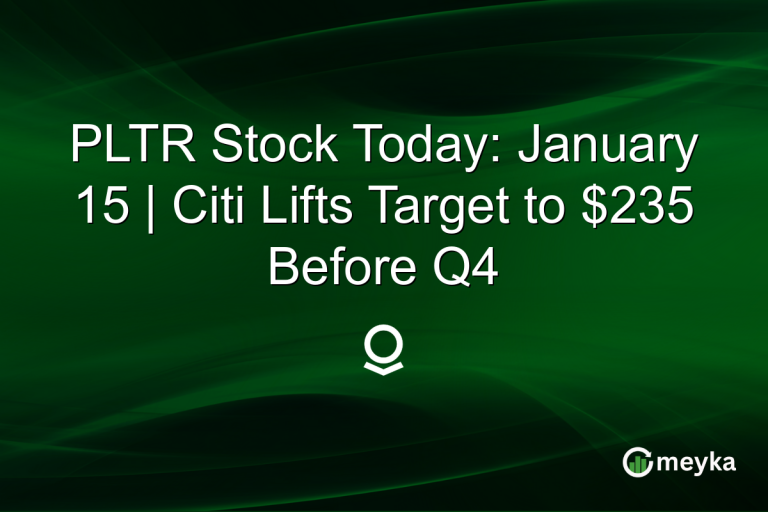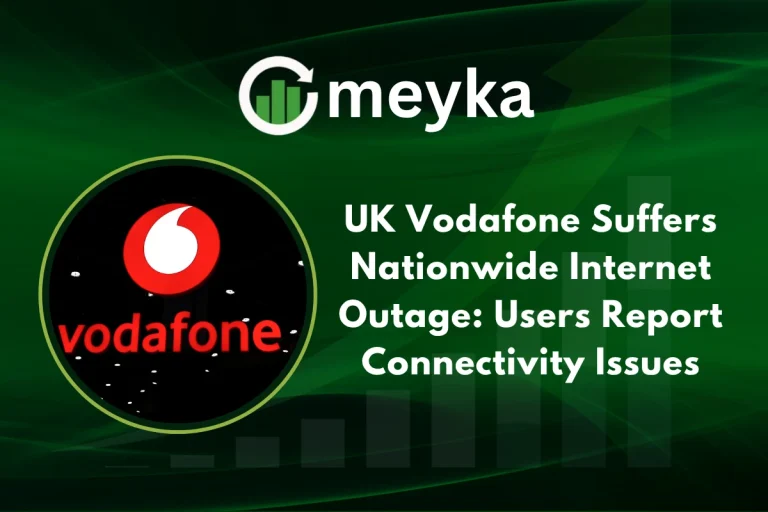Google Seeks Approval to Bundle Gemini AI with YouTube, Maps, and Other Apps
Google has asked a U.S. federal judge for the green light to bundle its Gemini AI assistant with flagship services, including YouTube and Google Maps, arguing that embedding its generative AI across apps is essential to deliver a consistent, useful experience for billions of users.
The request comes amid sharp antitrust scrutiny over whether bundling a powerful AI layer into widely used apps will unfairly lock out competitors and concentrate more consumer data in Google’s hands.
Why Google wants to bundle Gemini across its apps
Google says Gemini, a multimodal large language model developed by DeepMind and Google Research, can make everyday products dramatically better when it’s integrated directly into services users already rely on.
The company argues that bundling Gemini with YouTube and Maps will produce smarter video summaries, voice-driven trip planning, and cross-app context that saves time and improves relevance for users. In court filings and hearings, Google framed bundling as an innovative move rather than exclusionary conduct.
The legal backdrop: judge, DOJ, and past remedies
The request lands against a backdrop of heavyweight litigation. U.S. District Judge Amit Mehta, who has overseen major remedies in Google’s antitrust litigation, pressed both sides on whether allowing bundling would recreate past competitive harms tied to preinstalled defaults and exclusive deals.
The Department of Justice has signaled caution, recommending limits that would prevent Google from using bundling to foreclose rival AI services. The exchange in court made clear this is not only a technical debate but a test case for how antitrust law treats AI-era platforms.
What could Gemini integration look like for users?
If approved and rolled out, the practical changes could feel immediate: YouTube viewers might get concise AI summaries and question-answering overlays; Maps users could receive dynamic, voice-activated itineraries that fuse schedule, transit, and local recommendations; and Gmail or Drive could surface context-aware suggestions informed by a user’s recent media and location activity.
Google claims these cross-app features will reduce friction and broaden access to powerful AI helpers without needing separate installs or skills.
Why regulators are sounding the alarm
Regulators worry that bundling Gemini with dominant apps could magnify Google’s market power. The Department of Justice and other authorities argue that integrated defaults and vertical control have been mechanisms through which Google historically reinforced its search monopoly, and that a similar dynamic could play out in generative AI.
Critics fear that bundling could (1) squeeze rivals from user attention, (2) concentrate more search and usage signals inside Google’s models, and (3) make it harder for smaller AI startups to compete on a level playing field.
Google’s defense and industry arguments
Google’s legal team and many product leaders say the company should be free to innovate and integrate its AI without structural restraints, especially in a fast-moving market where competitors (Microsoft, OpenAI partners, Apple) are also embedding AI across ecosystems.
Google insists Gemini is a tool to improve functionality and that users will benefit from tighter integration, not suffer diminished choice. Company representatives have argued that an outright ban on bundling would hamstring product development at a moment when quick iteration matters.
Competitors, publishers, and privacy advocates weigh in
The prospect of Gemini across YouTube and Maps has attracted mixed reactions. Rivals like Microsoft are accelerating their Copilot and AI tie-ins; publishers and some content owners remain wary after litigation over Google’s AI summaries and content use.
Privacy and civil-society groups are also pushing for transparency about what data Gemini will access and how cross-app personalizations will be controlled and consented to. The debate mixes competition policy with content rights and user data protection, making any ruling multi-dimensional.
Possible market and product implications
If the court allows conditional bundling, Google could rapidly scale Gemini-driven features across a user base that already numbers in the billions, giving the company a practical advantage in real-world AI experiences.
That could accelerate monetization paths, smarter ads, improved engagement, and new premium AI tiers while also concentrating valuable training signals inside Google’s stack. Conversely, a stricter judicial remedy could set a precedent limiting how dominant platforms integrate AI, forcing more open interoperability and data access for rivals.
What to watch next in the court and market
Key indicators to monitor include Judge Mehta’s forthcoming remedy language, DOJ briefs, and any EU-level commentary that might echo U.S. concerns. Also important are the technical safeguards Google proposes, such as opt-outs, data segmentation, or non-exclusive bundling clauses, which could influence whether regulators accept a compromise.
The decision will likely shape incentives for partners (device makers and carriers) and determine how quickly AI features become default across consumer devices.
How users and developers could be affected
For everyday users, bundled Gemini might simply feel like smarter apps, faster answers, personalized assistance, and fewer app switches. For developers and startups, the stakes are higher: bundling could mean fewer opportunities to surface third-party AI integrations, shifting distribution and monetization dynamics.
Advocacy groups are pressing for clear guardrails so that third-party innovators can still compete and users retain meaningful control over AI-driven personalization.
A pivotal moment for AI policy and competition law
This bundling request is more than a product decision; it’s a landmark test of how competition law adapts to platforms that combine massive user bases, unique data flows, and powerful generative models.
A ruling that allows controlled bundling with strict transparency and interoperability safeguards would be very different from one that blocks integration outright.
Either outcome will reverberate through the tech industry, influencing product roadmaps, investment strategies, and regulatory approaches worldwide.
Conclusion: Google’s gamble on Gemini and the future of integrated AI
Google’s bid to bundle Gemini with YouTube, Maps, and other apps is a high-stakes bet: it could deliver genuinely useful, cross-app AI experiences at scale, or it could deepen competitive and privacy concerns that regulators are trying to wrestle with.
The court’s response will set an important precedent about when and how dominant platforms may stitch AI into everyday services. Regardless of the outcome, Google has made clear it will push for integration as a core strategy to stay competitive in the next phase of computing, and the industry will be watching closely.
FAQ’S
Google says bundling Gemini will create a seamless AI experience across apps, improving recommendations and productivity. Regulators worry it could give Google an outsized competitive edge.
Bundling could strengthen Google’s ecosystem by making Gemini the default AI in widely used apps, which may limit rivals’ reach, that’s the core antitrust concern regulators are assessing.
Users could see AI summaries for videos, context-aware route suggestions, and voice-driven planning inside Maps and YouTube, making tasks faster and more conversational.
If approved, Google may offer opt-out settings, but the extent of user controls (and default behaviors) will be key issues in any court or regulatory agreement.
Antitrust regulators may require limits on pre-installation or preferential treatment, impose transparency obligations, or force feature-level separations to protect competition.
Rivals like Microsoft and Apple could accelerate their AI integrations and partnerships, or pursue legal/regulatory challenges if they see bundling as anticompetitive.
Timing depends on court and regulatory outcomes; if approved, rollouts to YouTube, Maps, and other apps could begin in staged releases over months.
Yes, cross-app Gemini features may increase data sharing across Google services, so data handling, consent, and transparency will be closely watched.
Disclaimer
The above information is based on current market data, which is subject to change, and does not constitute financial advice. Always do your research.






